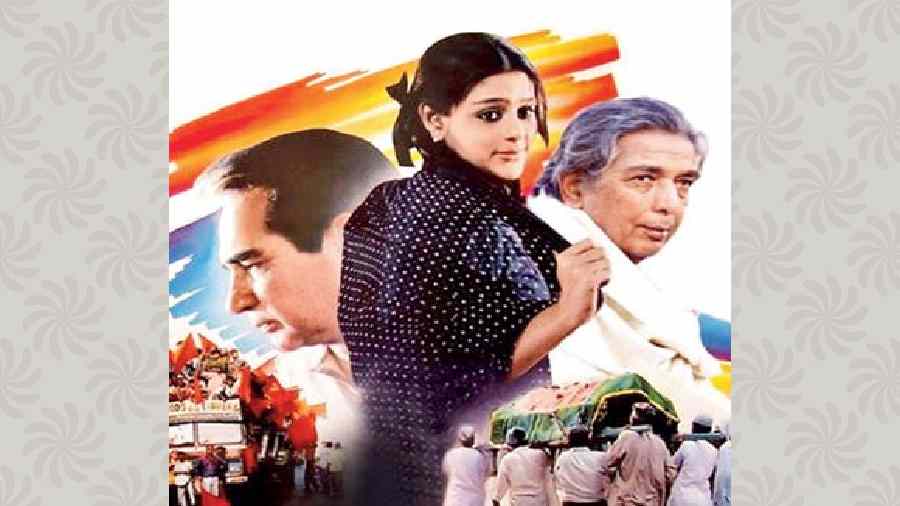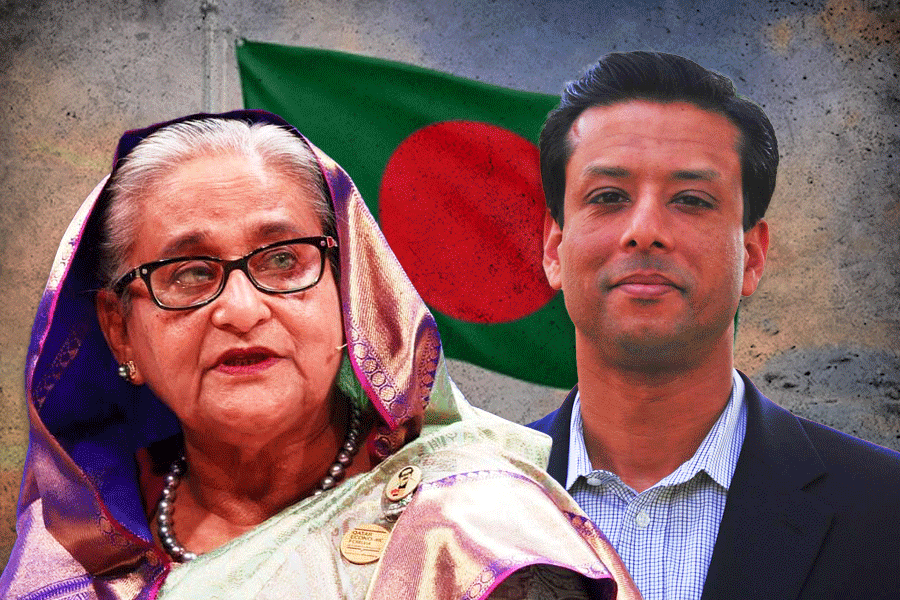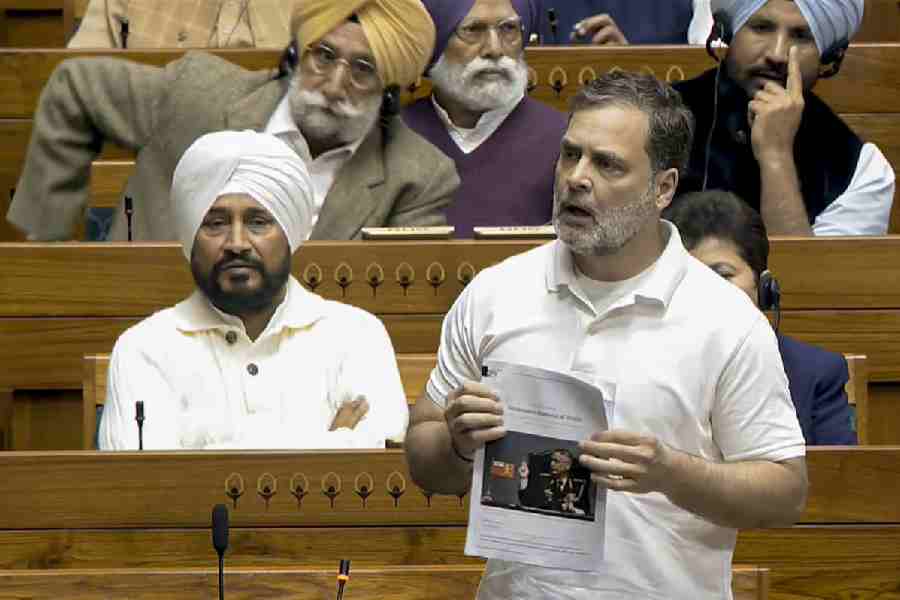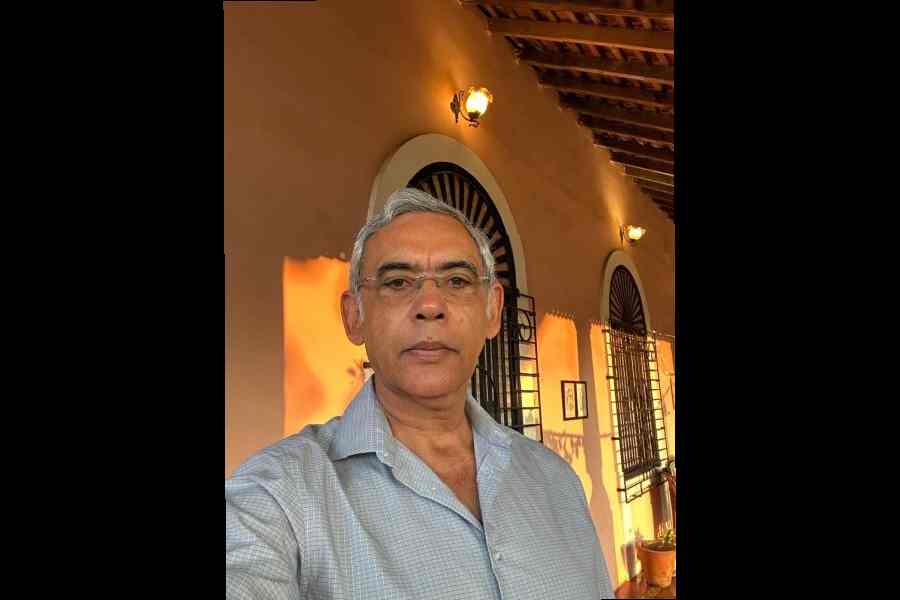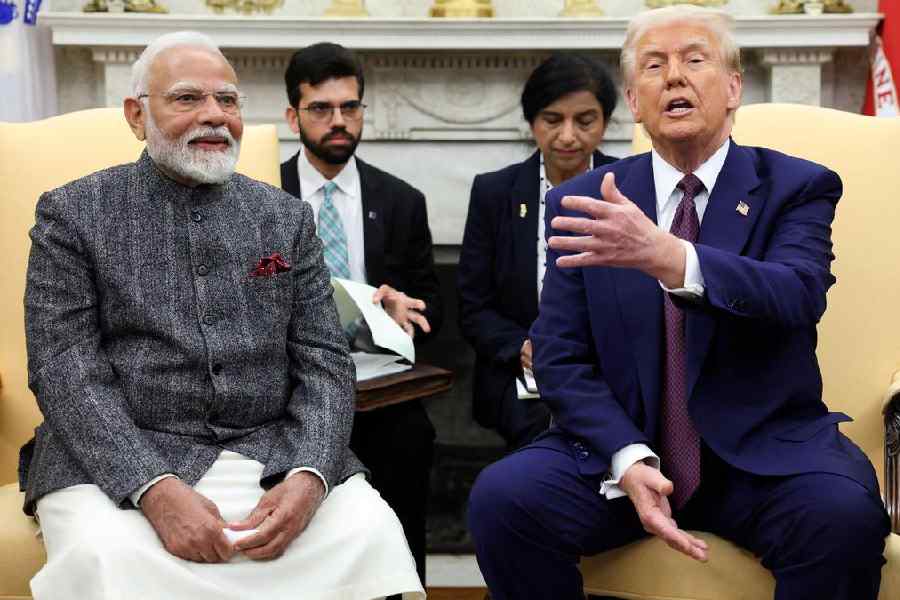Consider these film titles. Albert Pinto Ko Gussa Kyun Aata Hai? Salim Langde Pe Mat Ro. Mohan Joshi Hazir Ho! Arvind Desai Ki Ajeeb Dastaan. Each of them catchy and original. All these titles share a common thread. They are directed by Saaed Akhtar Mirza, one of the most important chroniclers of Indian parallel cinema. Perhaps, it is this fascination with titles that leads to his final film Naseem that released in 1995, which opens with the eponymous protagonist (debutante Mayuri Kango) asking what her name means, in a way addressing the audience’s curiosity as well. It means the morning breeze, her grandfather (played by the late poet Kaifi Azmi) says. The same scene reveals itself again, towards the final act. What blends so beautifully here is how a director meets the needs of character and the audience with disarming ease, through his most succinctly titled directorial, given most of his feature film titles are so iconic.
Naseem, which earned Mirza National Awards for Direction and Screenplay, takes a subtler and restrained turn on the wake of a communal violence surrounding the demolition of the Babri Masjid. Unfolding in 1992, it tells the story of teenager Naseem as she faces the contrast between two different Indias — one that she imagines from the stories recounted by her bedridden grandfather and the other surrounding her in the present with constant threats. As Naseem makes her way through the increasingly intolerant nation that surrounds her, she becomes a thread that connects both the past and present worlds.
Surekha Sikri and Kulbhushan Kharbanda play her anxious parents, slowly processing the changes, fearing for their daughter’s future more than theirs. Mirza paints Naseem with a stubborn paletteof bright colours, collectively letting the audience see the world through his protagonist. For Naseem, whose life revolves in getting good grades in school and helping her mother with household work, nothing else really matters. When a normal working day at school is cut short due to the growing curfew, Naseem goes to catch a Shah Rukh Khan movie with her classmates. At the local shop she befriends the wife of the Hindu shopkeeper, but her friendship is tested as time goes by. She notices it too but does not let it affect her.
This unaffected sense of teenage naivete is what drives the narrative forward. Mirza provides his happy-go-lucky protagonist with a constant sense of wonder and awe. Naseem teaches her classmates how to whistle. Her bargaining power with the local vegetable seller is a winner. Yet, in all these innocent moments, there are echoes of chaos and commotion. Naseem reads the newspaper for her grandfather, “There is tension in Faizabad. Muslim families are leaving....” She is told to stop. Truth is at a distance, yet threatening to break through the morning breeze in all its delirium.
In a brilliantly scripted scene, her grandfather recounts an incident from the time Indians were fighting for independence from the British. Naseem’s mother complains that she never heard this version. So he revisits the same story but with a different perspective. This is Mirza’s plea of recognising stories as part of history, not to be defined only as an amalgamation of facts and important figures. Real people lived too, and howsoever small, their accounts of defiance are part of the same shared history. “Hum bhi toh thhe,” insists her grandfather. Kaifi Azmi’s presence in the film is particularly important. He composed Doosra vanvaas right after the Babri masjid massacre took place.
Mirza had described Naseem as, “the epitaph of my dream of India that I wanted to see”. There is a silently overpowering dichotomy in Naseem, between innocence and ignorance, between restlessness and resilience. Naseem captures Mirza nurturing a seed of hope in a ground that breeds hate and violence. The dream that Mirza builds in Naseem is constantly charged with the fear of waking up to the frightening reality. At the end, it is a requirement. It is an inevitability.

